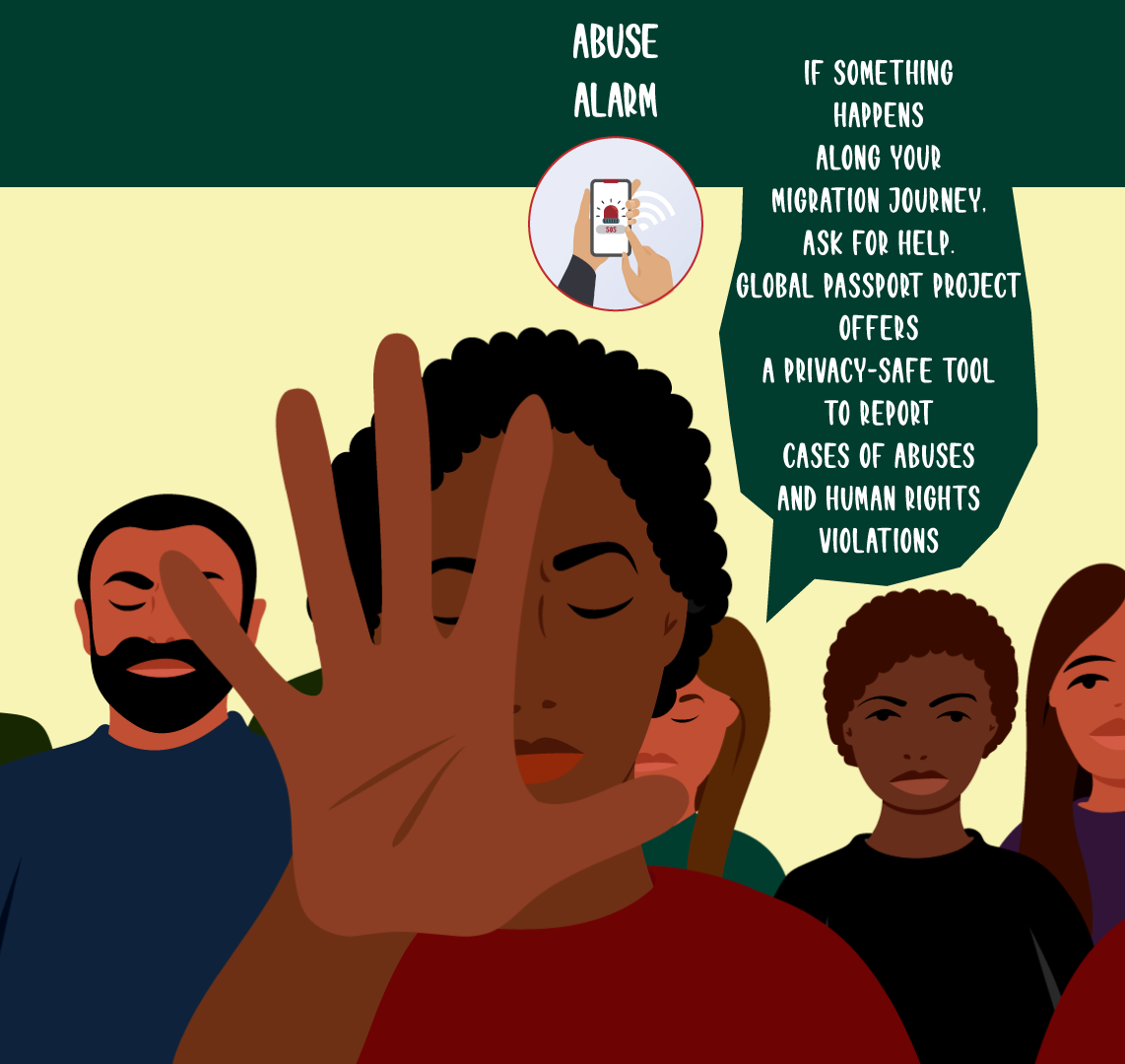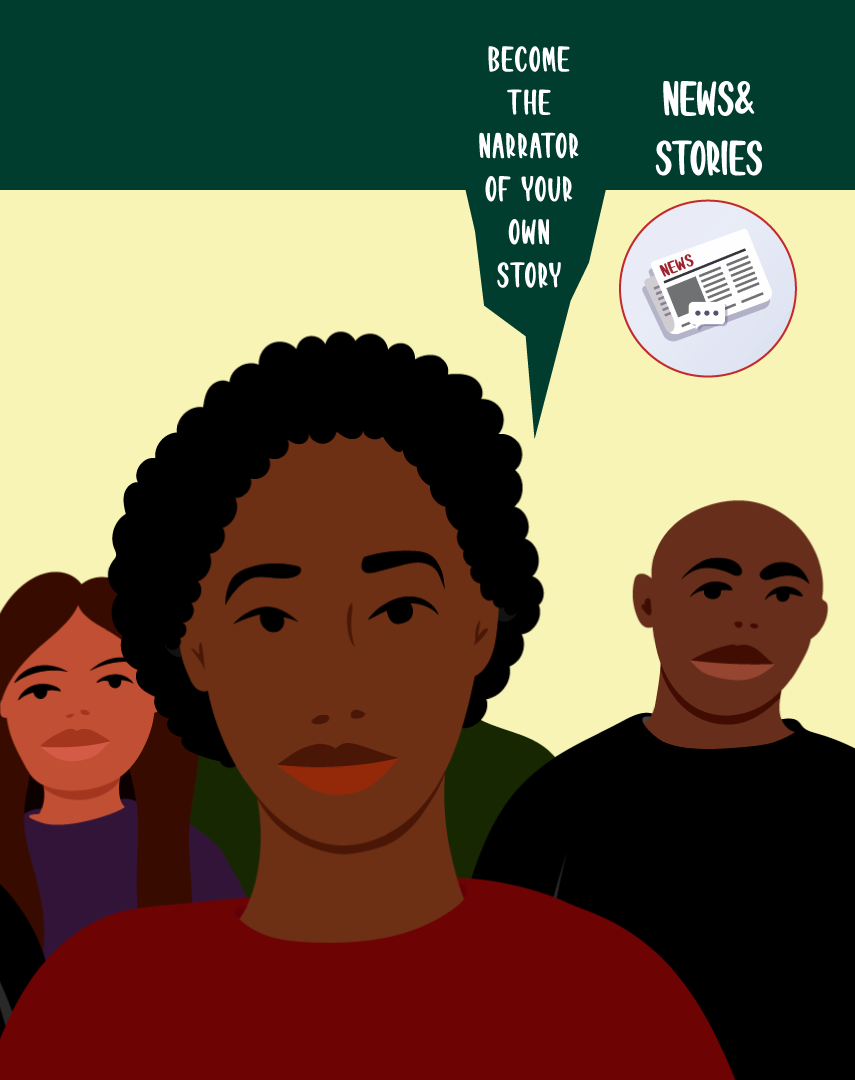🛟 Global Passport Project is lead by Kosmopolis, an NGO based in Naples specializing in participatory democracy processes, particularly among migrants communities.
🎬 Watch the interview with Ali Sohna, one of GPP's Ambassadors
Kosmopolis created the Global Passport Project (GPP), a platform that leverages on decentralized technologies such as Blockchain and distributed storage, to protect and promote human rights and global citizenship in the domain of migration.

What GPP proposes is a Website and a Mobile App through which migrants can safely store and share data and documents necessary on their perilous journey.
🎬 Watch an overview of the wallet
It grants access to relevant information about the country they arrive or cross and info on how to get support from, communicate directly with civil society organizations and/or report abuse or violations.

Organizations in the domain of migration can be listed on an interactive map. This helps migrants find and communicate with the orgs and services they need based on where they are.
🎬 Watch a demo of the interactive map
The App also allows migrants to be the narrator of their own story. Kosmopolis selects, edits, publishes, and disseminates citizen journalism products directly created by the users of GPP.

The information submitted by Migrants to the platform is encrypted to prevent its use for illegal purposes. A blockchain and IPFS guarantee that the data are not stored on the servers of multinationals or government organizations. Making user's sensitive data censorship-proof, perennial & compliant with GDPR.
But this adds complexity to the project, hence Zenroom enters the chat. The app needs to be operated by organizations with a very small technical capital and process complex cryptographic operation to issue private keys and temporary access tokens. The backing up of private keys by service providers is discouraged by security experts and Dyne. Keypairoom enables deterministic creation of private keys using user answers to specific questions. GPP has made significant contributions to this Zenroom component.
Because Zenroom is very tiny, the cost of running it is very small. And thanks to Dyne's W3C compliant DID, it is already equipped to handle the digital identity of migrants in elegant and privacy preserving ways.
GPP is a perfect match for Zenroom, the virtual machine by the people for the people. ✊🏽 With it's no-code approach, specialists in humanitarian questions (not specialists in machines) can easily verify that the processes are legit.
🤿 Next week, we'll continue this deep-dive into Zenroom's finesses and the applications that are leveraging it!
🫶🏽 Stay tuned and check out Global Passport Project!
